Fruits are often praised as nature’s candy—but some deliver far more than just a sweet bite. While all fruits offer something good, not all are created equal when it comes to fueling your body with the nutrients it needs to thrive. Some are fiber powerhouses. Others are vitamin-packed dynamos. And a few are downright antioxidant royalty. If you’ve ever wondered which fruits truly deserve the title of “healthiest,” this list peels back the layers—pun intended.
We’re not just talking about sugar content or calorie counts. This ranking considers the full nutritional profile: fiber, vitamins, minerals, antioxidants, healthy fats, and how each fruit supports key systems in your body, from immune defense and heart health to digestion and inflammation. These aren’t just tasty snacks; they’re tiny wellness boosters hiding in your grocery cart.
You might think bananas or apples are the obvious winners—and they’re definitely on the list—but some under-the-radar fruits may surprise you with their impressive health credentials. What’s more, our countdown doesn’t just stop at facts and figures; it explores what these fruits actually do for you. How do they protect your heart? Which ones can help tame inflammation? And yes, which fruit earns the crown for being the most beneficial overall?
Whether you’re revamping your diet, seeking better snacks, or simply curious about the fruits you already love, this list is your go-to guide. We’re serving up the top 10 healthiest fruits in order—starting with the lightweights and climbing to the true nutritional heavy-hitters. So grab a fork (or at least a fruit bowl), and let’s dig into the delicious science behind nature’s most powerful produce. Your next trip to the farmer’s market might never look the same again.
10. Watermelon
Refreshingly juicy watermelon consists of 92% water, making it your best friend during hot summer days. The natural hydration helps regulate body temperature and keeps your skin glowing.
While not the most nutrient-dense fruit on our list, watermelon contains lycopene, the same antioxidant found in tomatoes that may help protect cells from damage. The red flesh varieties pack the most nutritional punch.
One drawback? Watermelon lacks significant fiber compared to other fruits, and its high natural sugar content means it’s best enjoyed in moderation, especially for those watching blood sugar levels.
9. Grapes
Pop-able and portable, grapes make for an easy snack that delivers a surprising health punch. Their skin contains resveratrol, a powerful compound that scientists believe may help protect your heart and brain.
Red and purple varieties contain the most antioxidants, which fight harmful free radicals in your body. They also provide vitamin K, which helps your blood clot properly when you get cuts.
The downside? Grapes pack quite a sugar wallop for their small size and don’t offer much fiber to slow down sugar absorption. This makes them less ideal for blood sugar management compared to other fruits higher on our list.
8. Pineapple
Tropical and tangy, pineapple stands out as the only fruit containing bromelain, a mixture of enzymes that breaks down proteins and helps digestion. This makes it particularly helpful after heavy meals or for people with digestive issues.
One cup delivers more than your daily requirement of vitamin C, boosting your immune system and helping your body absorb iron from other foods. The manganese in pineapple also supports bone health and metabolism.
The drawbacks put pineapple lower on our list: it’s relatively high in natural sugars and lower in fiber than many other fruits. People with sensitive mouths might also notice the tingling sensation caused by those protein-digesting enzymes.
7. Bananas
Nature’s perfect on-the-go snack comes in its own biodegradable wrapper! Bananas lead the fruit world in potassium content, a mineral that helps regulate blood pressure and supports proper muscle and nerve function.
Athletes love bananas for good reason – they provide quick energy from natural sugars along with vitamin B6, which helps your body convert food into energy. The resistant starch in greener bananas feeds your gut’s good bacteria, improving digestive health.
While not the most nutrient-dense fruit overall, bananas earn their middle-of-the-pack ranking by being affordable, widely available, and offering moderate fiber that helps stabilize blood sugar better than lower-ranked fruits on our list.
6. Apples
The old saying about apples keeping doctors away has some truth to it! These crunchy fruits contain both soluble fiber (the kind that forms a gel and helps lower cholesterol) and insoluble fiber (the kind that keeps your digestive system running smoothly).
Apple skins contain quercetin, an antioxidant that helps your body fight inflammation and allergies. The natural sugars in apples release slowly into your bloodstream thanks to their fiber content, providing steady energy without crashes.
For maximum benefits, eat apples with their skins on – that’s where many of the nutrients hide. Different colored varieties offer slightly different antioxidant profiles, so mix up your choices for the broadest range of benefits.
5. Oranges
Famous for their vitamin C content, oranges deliver much more than just cold-fighting power. A single medium orange provides 100% of your daily vitamin C needs while containing hesperidin, a plant compound that helps reduce inflammation and blood pressure.
The white pith between the flesh and peel, though slightly bitter, contains valuable flavonoids that support heart health. Oranges also provide decent fiber, particularly soluble fiber called pectin, which helps keep cholesterol levels in check.
Unlike orange juice, whole oranges won’t spike your blood sugar thanks to their fiber content. The natural combination of vitamin C and citrus flavonoids in oranges works together to boost iron absorption from other foods, making them especially valuable for people following plant-based diets.
4. Kiwi
Don’t let its small size fool you – kiwi packs an impressive nutritional punch! This fuzzy fruit contains more vitamin C than oranges, gram for gram, plus significant amounts of vitamin K for blood clotting and bone health.
The tiny black seeds provide omega-3 fatty acids, unusual for fruits, while the green flesh offers both soluble and insoluble fiber for digestive health. Studies show kiwi may help improve sleep quality thanks to its serotonin content.
Kiwi’s enzymes (actinidin) make it a natural meat tenderizer and digestion aid. The combination of vitamin E, copper, and potassium in kiwi supports heart health and blood pressure regulation, making this compact fruit a true nutritional powerhouse that earns its high ranking.
3. Pomegranate
Those ruby-red seeds (called arils) aren’t just beautiful – they’re packed with potent plant compounds that fight inflammation throughout your body. Pomegranates contain three times more antioxidants than green tea or red wine!
Research suggests pomegranate compounds may help reduce arthritis symptoms, lower blood pressure, and improve memory. The fruit contains unique polyphenols called punicalagins that benefit heart health by reducing harmful LDL cholesterol oxidation.
Though slightly more labor-intensive to eat than other fruits, pomegranates reward your effort with impressive nutrition. Their tannins and anthocyanins may slow cancer cell growth in laboratory studies, while their nitrates improve exercise performance by increasing blood flow – making this ancient fruit truly worthy of its superfood status.
2. Avocado
Technically a berry, avocados stand apart from most fruits by providing healthy monounsaturated fats instead of sugars. These fats help your body absorb fat-soluble vitamins (A, D, E, K) from other foods and support brain health.
Avocados contain more potassium than bananas, helping regulate blood pressure and muscle function. Their high fiber content (about 10 grams per avocado) supports digestive health and keeps you feeling full longer than most other fruits.
Unlike other fruits, avocados provide complete protein with all nine essential amino acids. They’re also loaded with lutein for eye health and contain plant sterols that help lower cholesterol. This nutritional completeness makes avocados nearly a perfect food, earning their runner-up position on our list.
1. Berries
Topping our list, berries (strawberries, blueberries, raspberries, blackberries) offer the highest antioxidant content of all fruits while being relatively low in sugar. Their vibrant colors signal the presence of anthocyanins, powerful compounds that protect brain cells and blood vessels.
The tiny seeds in berries provide omega-3 fats and insoluble fiber, while their flesh offers soluble fiber that feeds beneficial gut bacteria. Research shows regular berry consumption may improve memory, slow brain aging, and reduce inflammation throughout the body.
Cup for cup, berries provide more disease-fighting compounds than any other fruit. Their unique combination of vitamins, minerals, fiber, and phytonutrients supports heart health, blood sugar regulation, and cancer prevention – making berries the undisputed champions of the fruit world.
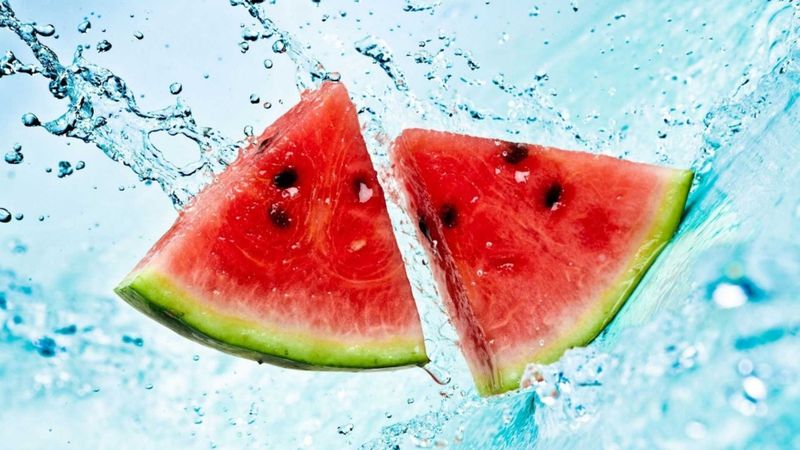
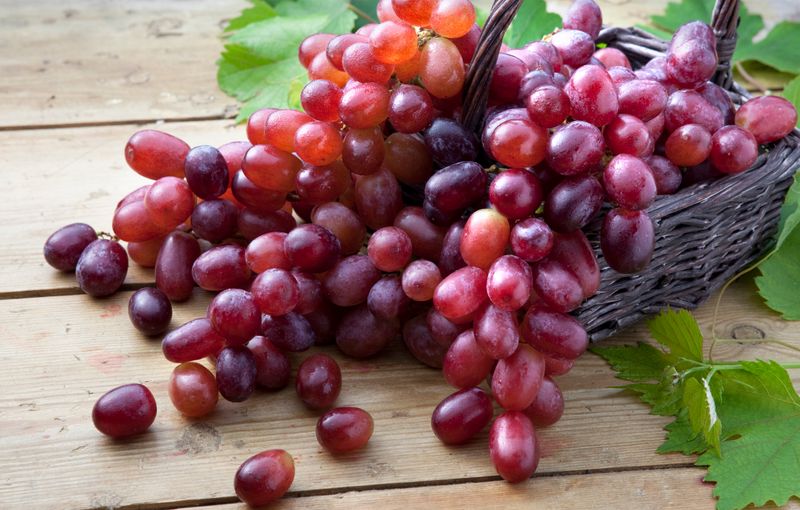
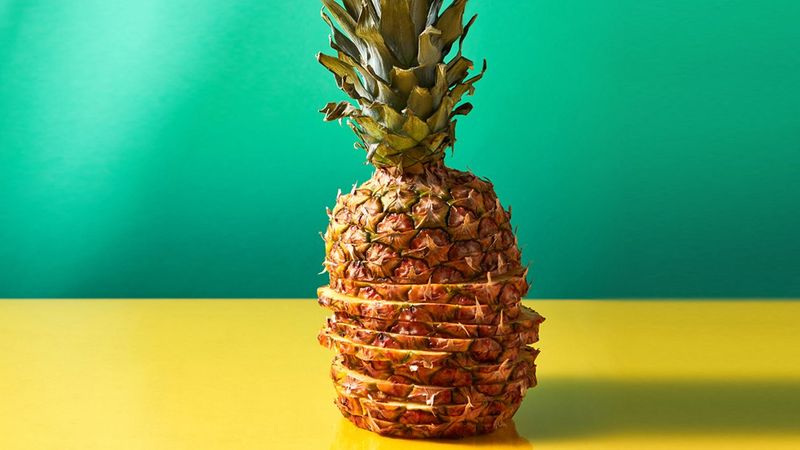
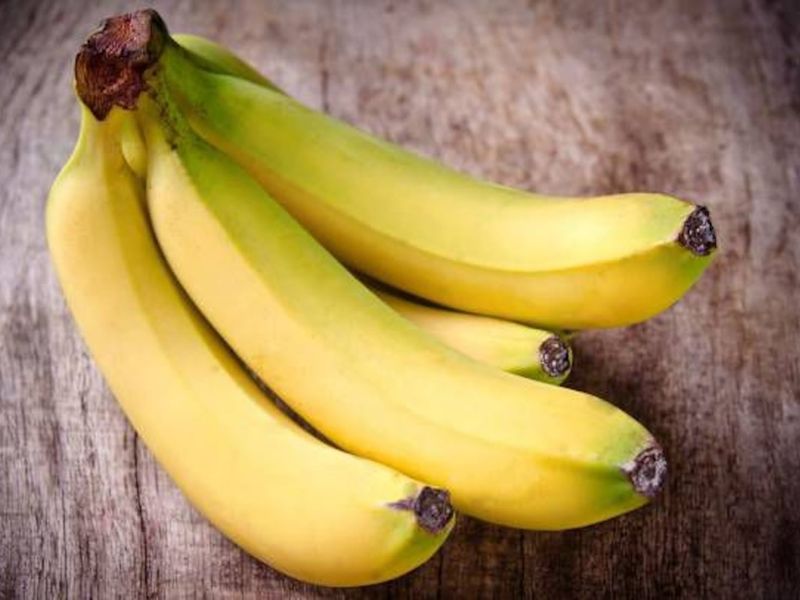
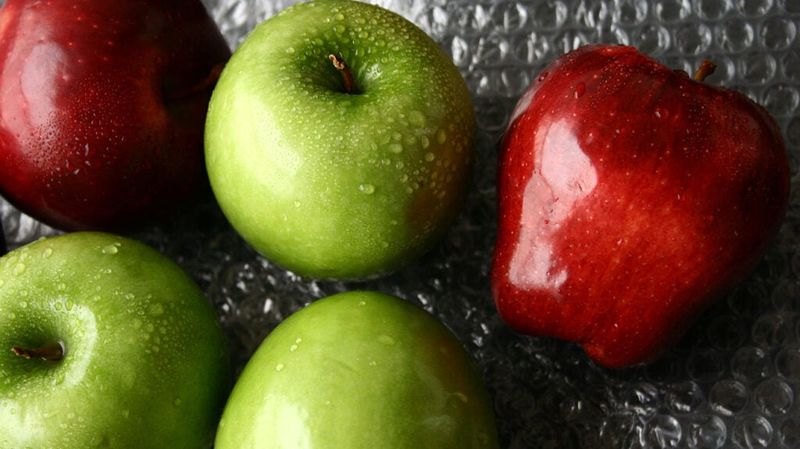
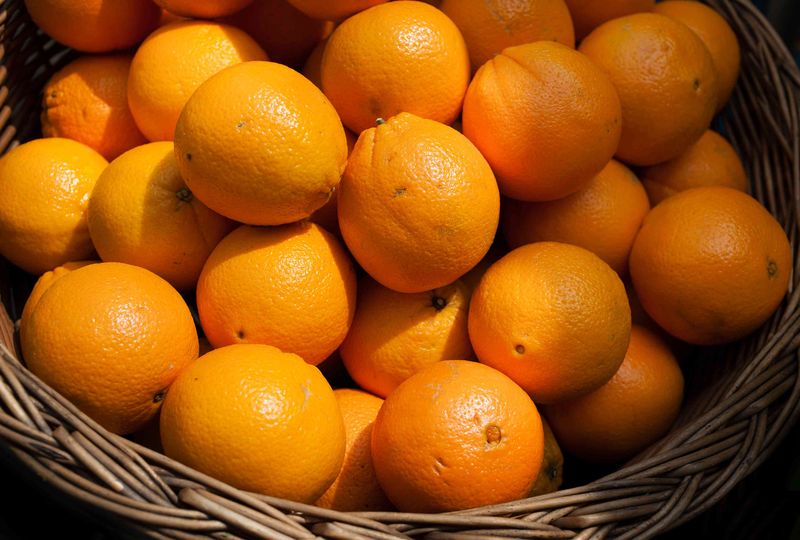
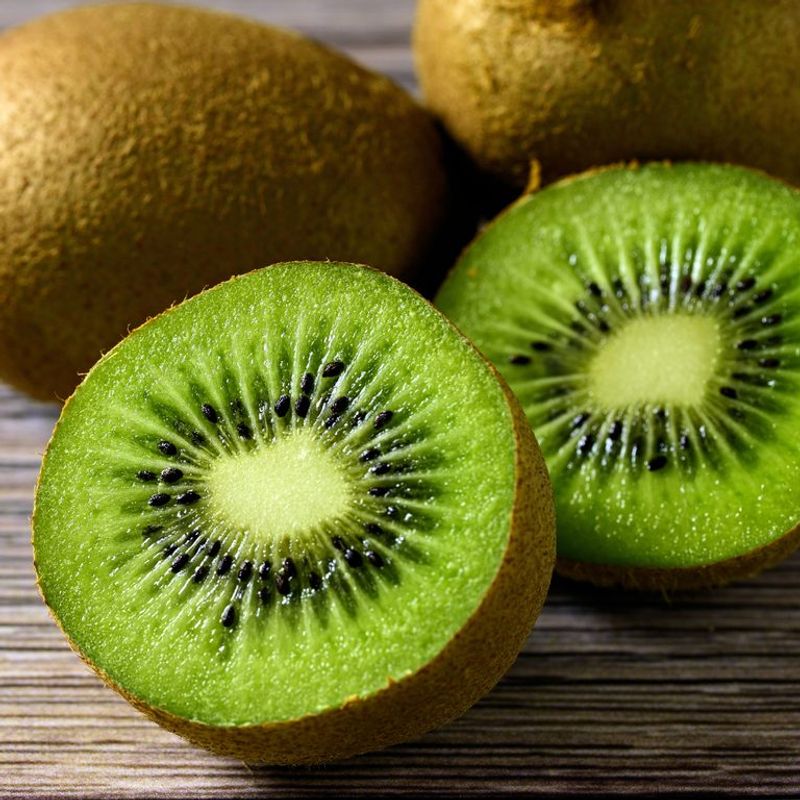
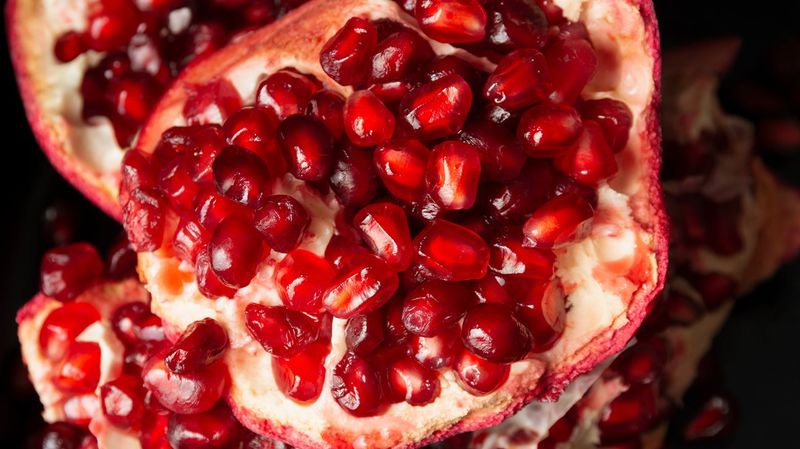

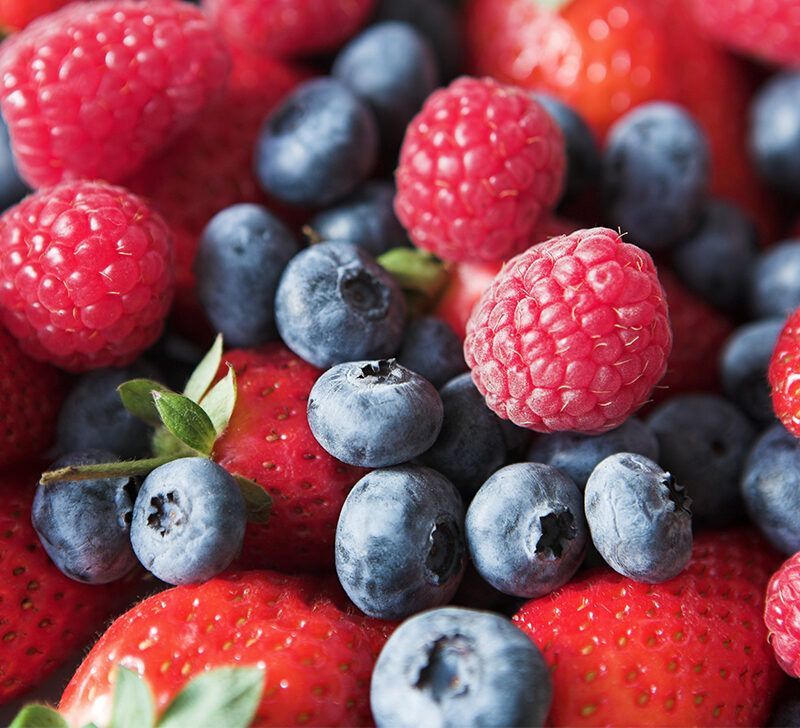
Leave a comment